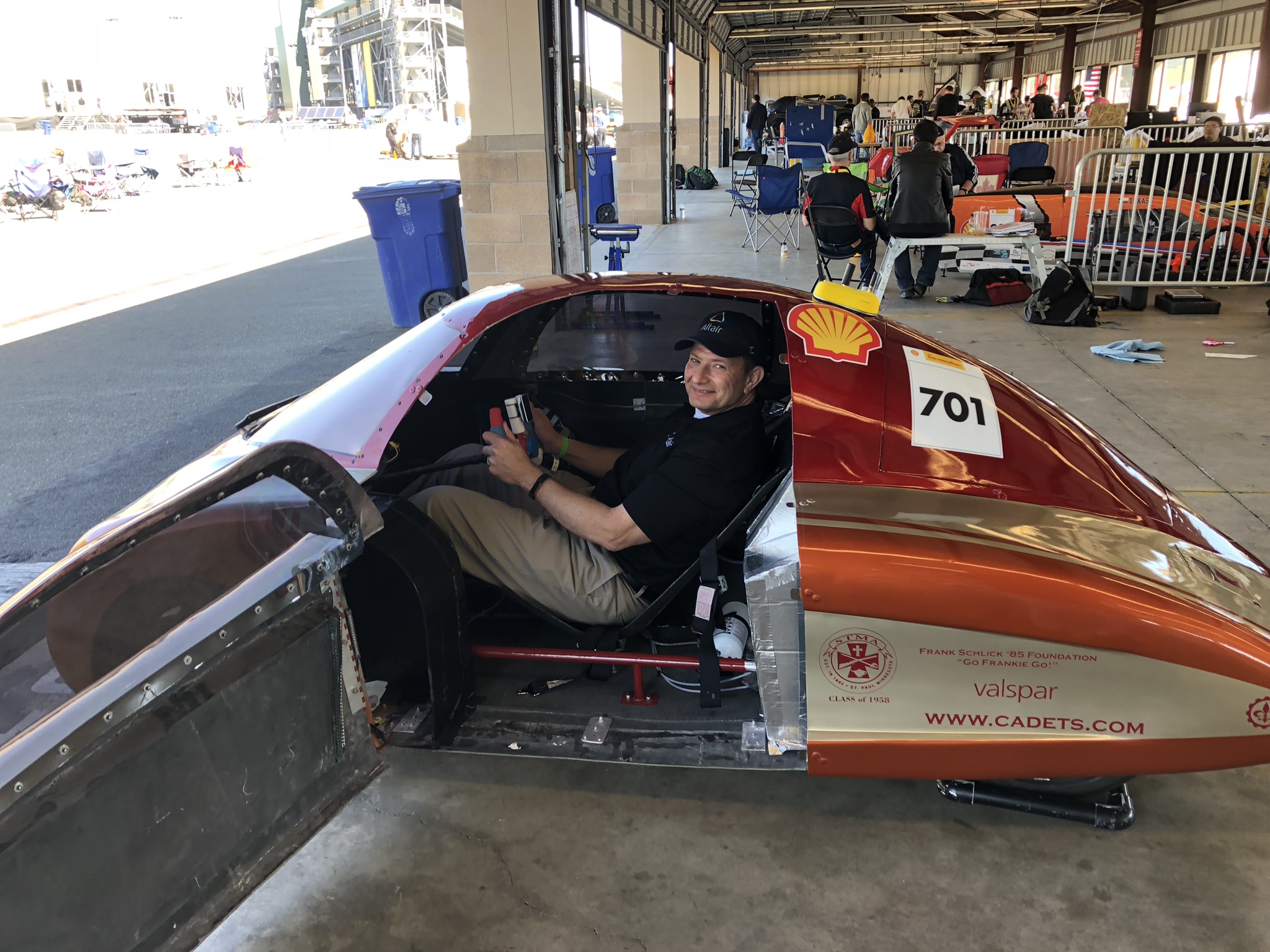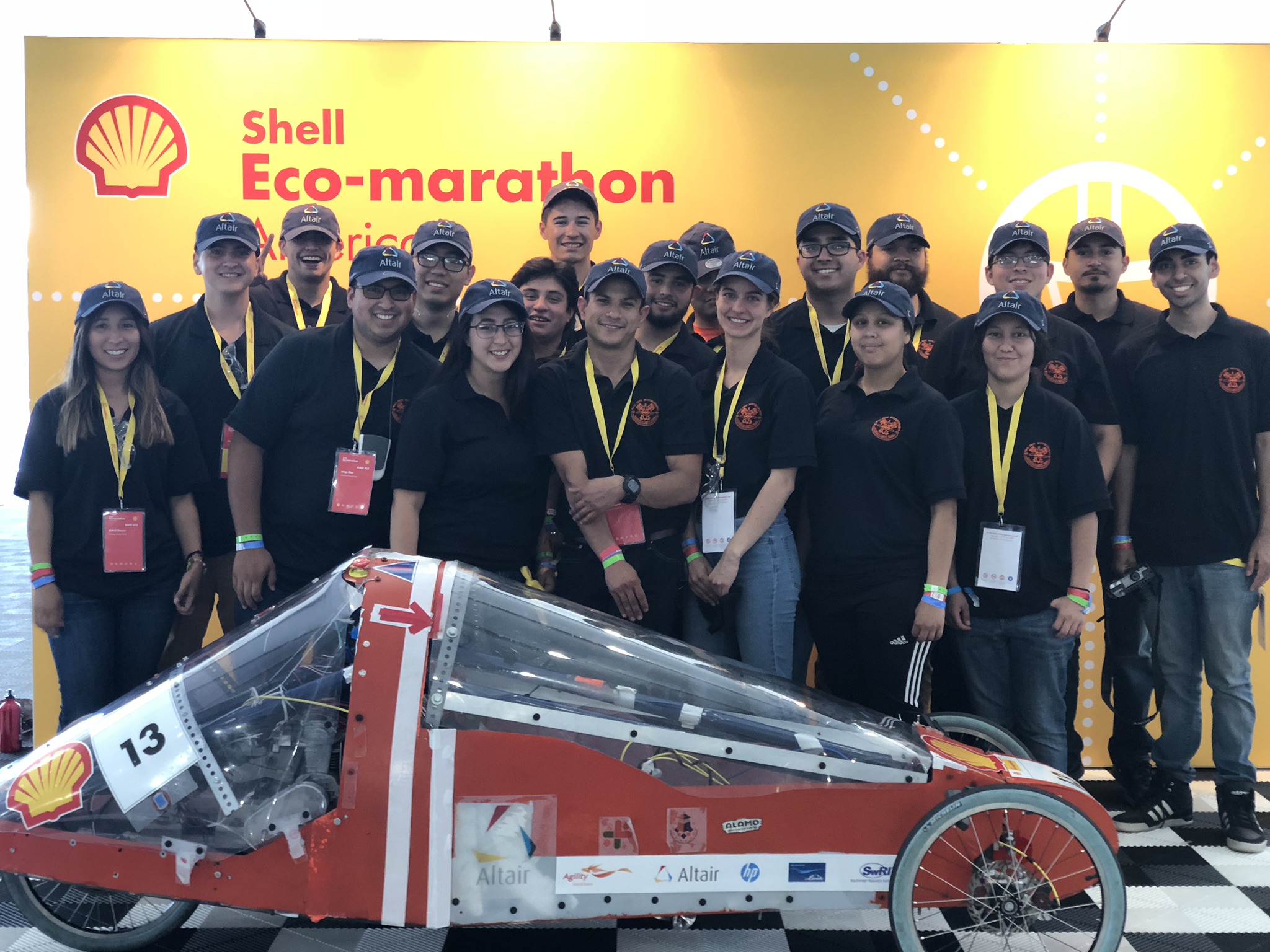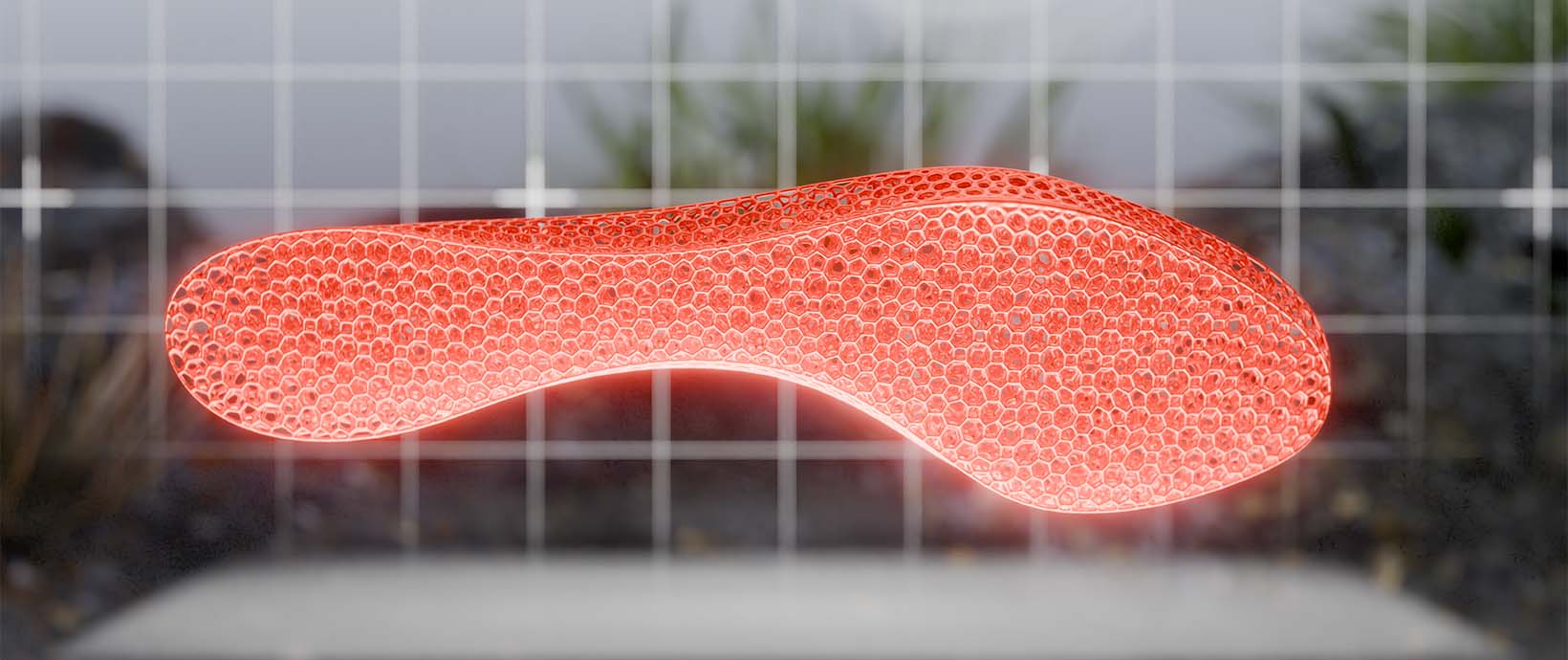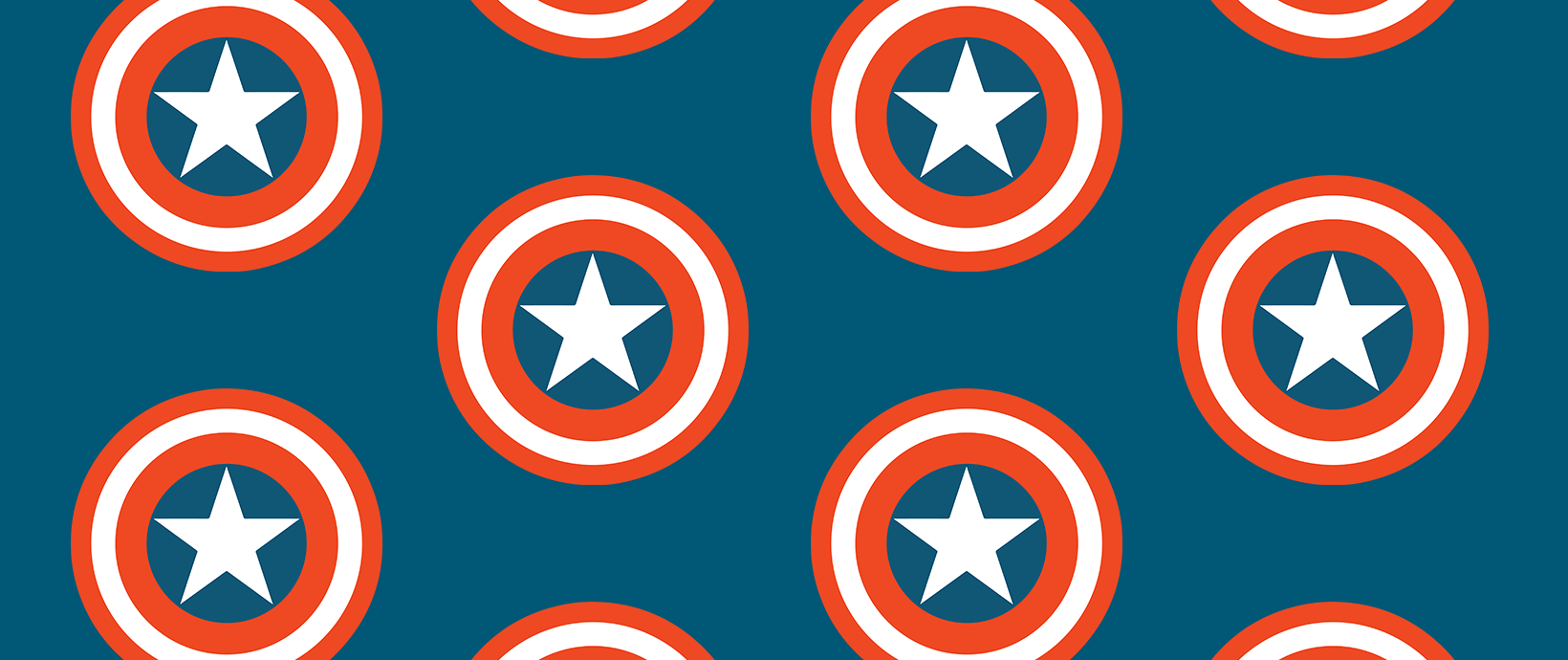Students are the Future of Vehicle Innovation at Shell Eco-marathon 2018
Each year Shell Eco-marathon hosts events around the world that challenge student teams to design, build, test and drive ultra-energy-efficient vehicles. Altair was proud to be a 2018 "partner in innovation" with Shell to provide software and support to students who are making the future in automotive technology. Three events are hosted this year - Shell Eco-marathon Asia in Singapore, Shell Eco-marathon Americas in California, and the upcoming Shell-Eco marathon Europe in London. Collegiate and high school students are invited to participate with the goal of achieving the highest possible fuel efficiency. When most people think of an eco-friendly event, one being hosted by Shell, started in 1939, would be a surprise to the average person. I can only suspect back in the early years their form of lightweighting or getting better MPG was removing seats and anything else not needed for the vehicle to run.
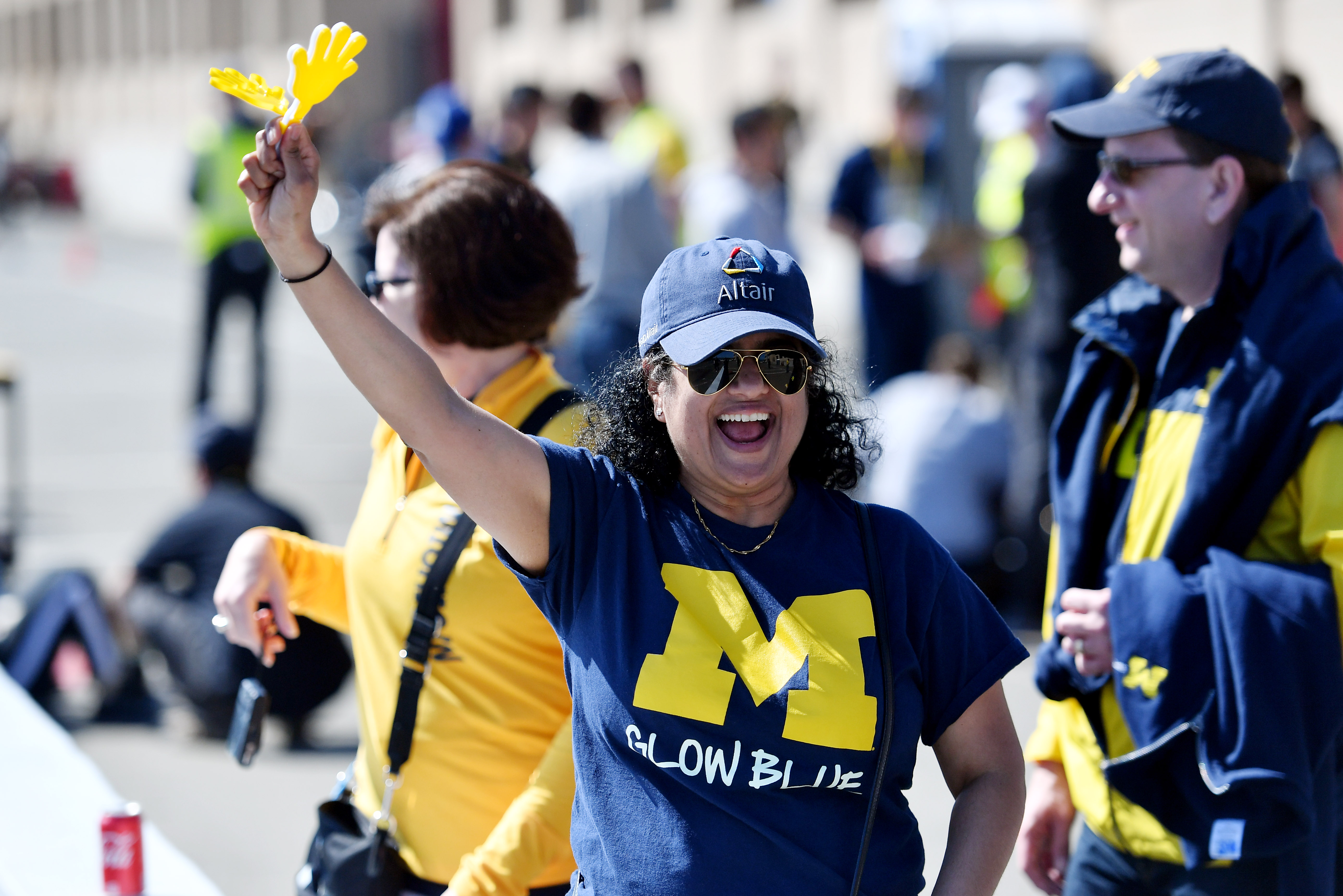
A Michigan fan cheers during day three of Shell Make the Future at Sonoma Raceway, Saturday, April 21, 2018 in Sonoma, Calif. (Josh Edelson/AP Images for Shell)
Now every vehicle is custom made, with technology being the key factor. You have teams working with composites, additive manufacturing, simulation, wind tunnel tests and anything else that can make their car more fuel efficient. Most people will say industry is already doing this, but to fuel future advances and interest in building efficient vehicles, you need to start developing the interest and talent sooner. In the case of the America’s competition you have students from high schools participating and winning - how’s that for developing future talent! Some might say these vehicles are mostly designed by adults or advisors, and from my interactions with the teams, I would completely disagree. The students working on these are just as passionate with this project as they might be about some new virtual reality game, but in this case it’s reality they are excited about.
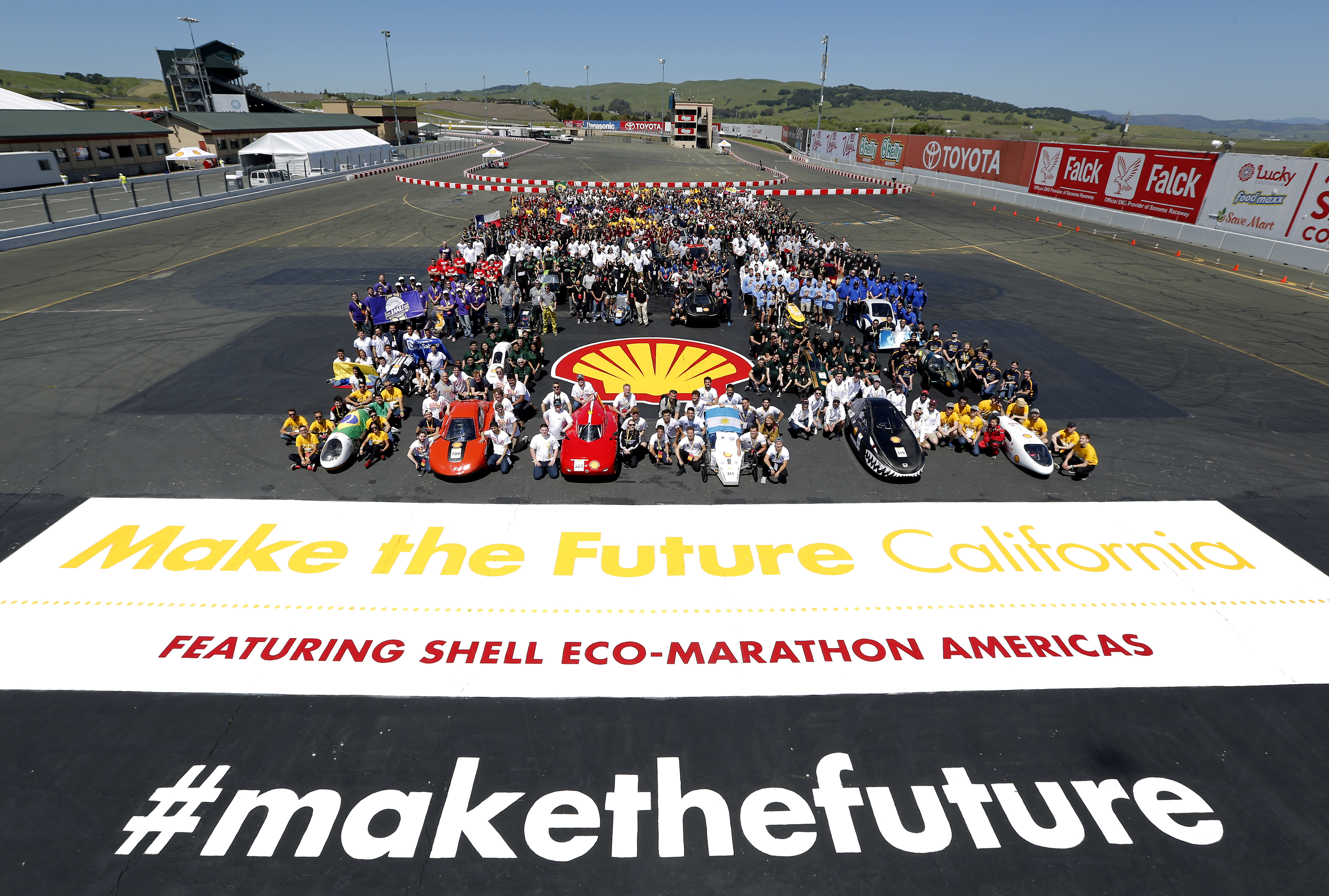
The family portrait during day two of Shell Make the Future at Sonoma Raceway, Friday, April 20, 2018 in Sonoma, Calif. (Eric Kayne/AP Images for Shell)
I was completely blown away when one of the teams told us about how they performed a virtual wind tunnel analysis (CFD simulation). The results from that analysis showed them there was a large buildup of pressure in the wheel wells causing additional drag and how venting the wheel wells made a big difference. In another case, a team went over how they utilized optimization (FEA simulation) to identify how they can make specific areas of their vehicle lighter and stronger at the same time. Similarly, another team utilized optimization but this time on composites and looking to optimize how their lay-up and stacking reduced the amount of composite structure they needed. These type of stories and others about how teams had to be innovative in their decision making and problem solving was seen with all the teams that I spoke with. I could not help but smile after meeting with all the teams, knowing our future is bright with these students leading the way.